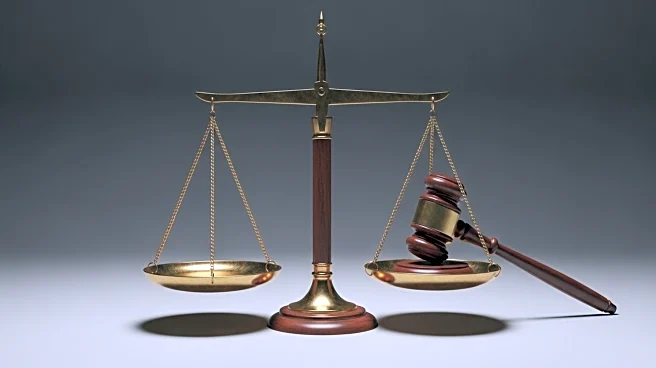What's Happening?
Varro Vooglaid, a lawyer and activist, has criticized the expansion of emergency powers during the COVID-19 pandemic, arguing that it exposed vulnerabilities in democratic systems. He claims that governments worldwide used the pandemic to impose restrictions that extended beyond their initial purpose, undermining constitutional order and public trust. Vooglaid highlights how emergency measures, such as curfews and business shutdowns, were enacted with minimal judicial oversight, leading to a normalization of rule by mandate.
Why It's Important?
Vooglaid's critique raises important questions about the balance between public safety and individual freedoms during crises. The expansion of emergency powers can set precedents for future governance, potentially eroding democratic norms and civil liberties. His arguments suggest a need for greater scrutiny and accountability in the use of such powers to prevent their misuse. This discussion is crucial for policymakers and citizens alike, as it emphasizes the importance of safeguarding democratic principles while addressing public health emergencies.
What's Next?
The debate over the use of emergency powers is likely to continue, with potential implications for future policy decisions. Governments may face increased pressure to establish clearer guidelines and limitations on the use of such powers to ensure they are not abused. Civil society groups and legal experts may advocate for reforms to strengthen checks and balances, ensuring that emergency measures are proportionate and temporary. This ongoing dialogue could influence how societies respond to future crises, balancing the need for swift action with the protection of individual rights.









